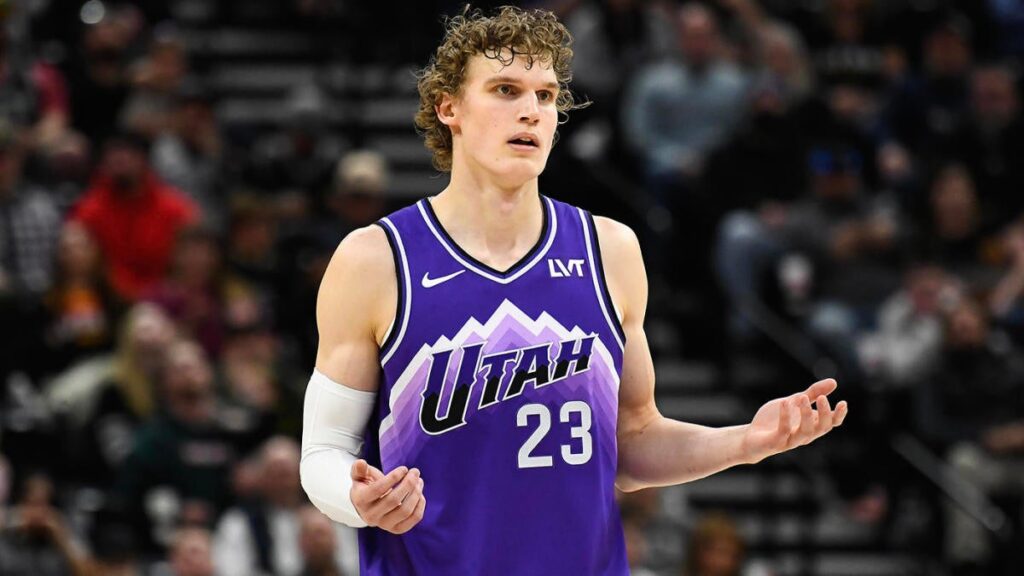Lauri Markkanen will know his fate with the Utah Jazz by Aug. 6, when he becomes eligible to renegotiate and extend his contract for a raise. This timing gives him control over the situation as he could wait until Aug. 7 to re-sign and remain with the Jazz for another year.
As a free agent, the Jazz are willing to offer Markkanen favorable terms to avoid losing him for nothing. If he chooses to play elsewhere, he would be leaving money on the table. While he can sign with other teams, only the Jazz can offer him a market-rate salary this summer. If the Jazz aren’t interested in paying him, they would need to find a trade before Aug. 6 to maintain leverage.
The Golden State Warriors are aggressively pursuing Markkanen, but negotiations are at a standstill. Both sides have valid arguments – Golden State wants to compete for a championship while the Jazz are looking to benefit from future picks. They have until Aug. 6 to find a compromise.
Kuminga and Podziemski are key players in the trade talks. Kuminga has high upside with scoring potential and defensive capabilities, while Podziemski brings a unique skill set as a guard with strong rebounding abilities. The Jazz are focused on Podziemski, emphasizing his value in the potential trade.
He is a skilled playmaker, although he could benefit from taking more 3-point shots. His ability to create his own shot inside the arc is valuable, especially with his effective floaters against drop-coverage defenses. While he may not have the star potential of Kuminga, he projects as a solid starter. Podziemski has three years left on his rookie contract, while Kuminga is eligible for a rookie extension. The price for Kuminga’s extension may exceed his current production, but this is standard for rookie extensions in the NBA. The decision to trade Markkanen and acquire Kuminga aligns with the Jazz’s goal of tanking to secure top draft picks. However, the financial implications of signing Kuminga to a lucrative extension could impact the Warriors’ salary cap situation and tax obligations, potentially benefiting the Jazz in the long run. The trade would only make sense for the Warriors if Markkanen significantly improves their championship contention prospects in the future. The addition of Podziemski to the Warriors roster would provide depth and versatility, making them a formidable team in the league. The decision to keep neither Podziemski nor Kuminga would result in the Golden State Warriors being unacceptably thin. On the other hand, keeping one of them would lead to questions that the team would need to address on the fly. The top teams in the Western Conference, such as Denver, Dallas, Oklahoma City, and Minnesota, are slightly ahead of the Warriors if they add Markkanen and let go of either Podziemski or Kuminga. However, the margin is small, and in the West, anything can happen. Drawing the right matchup or benefiting from an opposing team’s injury could propel the Warriors to the Western Conference finals, as seen with P.J. Washington and Daniel Gafford leading a lottery Mavericks team to the Finals. This is the scenario that Danny Ainge is banking on, as he is known not to compromise on trade prices. The negotiation between the Warriors and Jazz will likely continue until they find a middle ground, even if both young players are not on the table. The clock is ticking, and both teams are trying to outmaneuver each other to secure a favorable deal.

